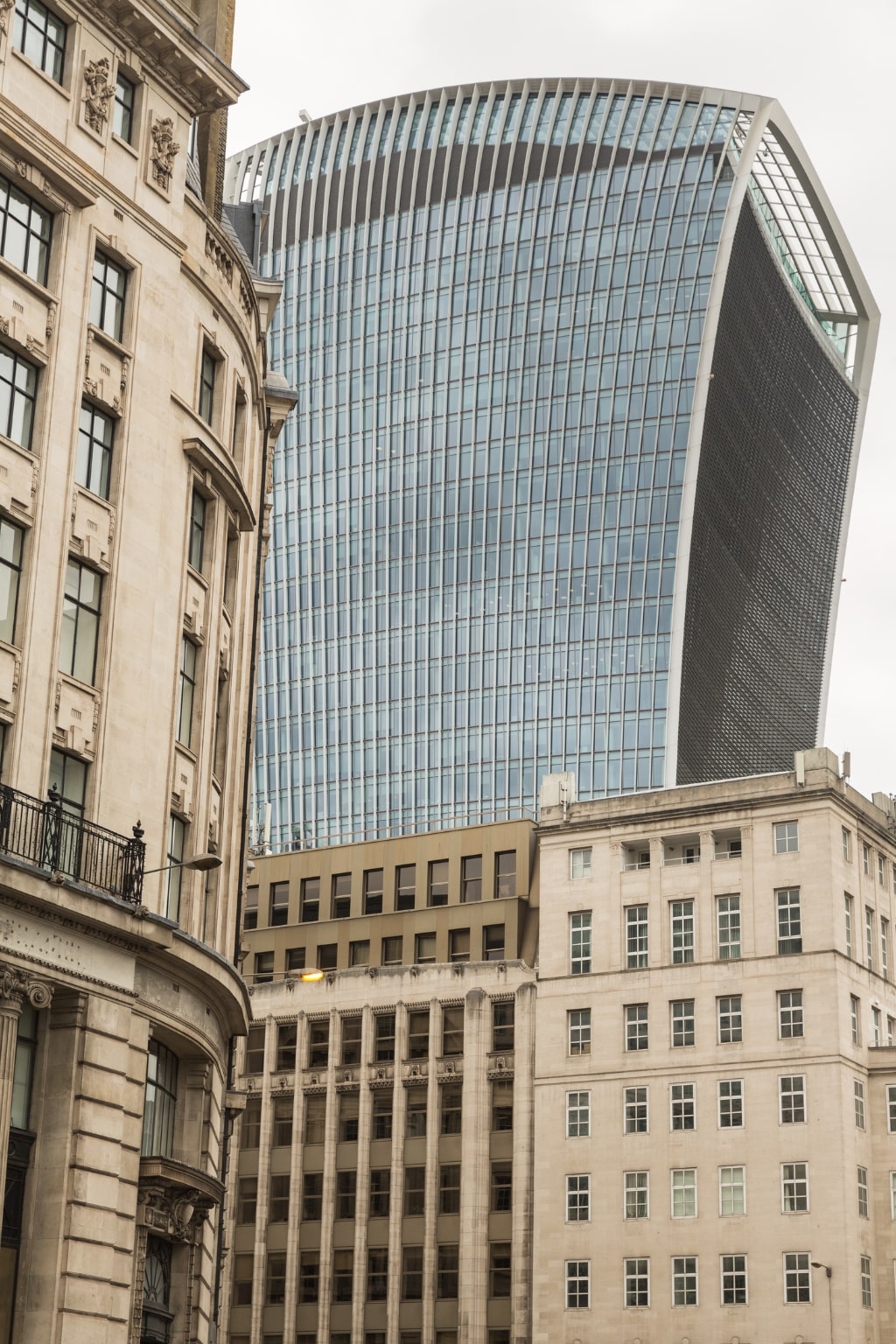Why women are leaving corporate to create
Across industries, women are quietly stepping away from corporate life. They are leaving stable, well-paid roles to start consultancies, studios, and independent businesses. On the surface, it looks like risk. In practice, it is a recalibration. What once symbolised success no longer feels fulfilling. The decision to leave is not about rejection but about reclaiming time, energy, and identity.
The limits of traditional success
For decades, women were told that progress meant joining the top table. Visibility equalled victory. The corporate ladder was a symbol of equality and ambition. Yet as many reached the upper tiers, they found the view unsatisfying. The structure of work had not evolved with the workforce.
A 2023 McKinsey and LeanIn.org report found that women leaders are leaving companies at the highest rate in years, citing lack of flexibility, burnout, and undervaluation. Even as representation improves, the experience often remains transactional. Success is measured by hours, not impact. Presence is rewarded over creativity.
The deeper issue is emotional. Achievement without autonomy feels hollow. Psychologist Edward Deci’s self-determination theory suggests that intrinsic motivation depends on autonomy, competence, and connection. Corporate environments often satisfy competence but suppress autonomy and belonging. Creative work restores both.
Try this
- Reflect on which parts of work energise rather than deplete you.
- Redefine success around freedom, not approval.
- Ask whether your goals align with your values or your conditioning.
The rise of autonomy
The modern workforce prizes flexibility, but autonomy runs deeper than flexible hours. It is about being able to shape pace, purpose, and priorities. For many women, creative work provides that freedom.
In behavioural studies, autonomy consistently ranks as a top predictor of satisfaction. A 2022 Microsoft Work Trend Index found that more than half of women would consider changing jobs to gain more control over their time. Entrepreneurship offers that control, even when it comes with uncertainty. It allows people to decide not just what they work on but how they work.
Creative work also offers coherence. Instead of splitting identity between corporate expectations and personal values, women are building businesses that reflect who they are. The motivation is less rebellion than alignment.
Try this
- Design your workday around your natural energy cycles.
- Create a small side project to test your creative flow.
- See autonomy as an energy source, not a luxury.
Burnout and identity fatigue
Burnout has become a defining feature of modern ambition. The World Health Organization recognises it as an occupational phenomenon marked by exhaustion, cynicism, and reduced effectiveness. Women experience it acutely because of overlapping pressures: performance at work, caregiving responsibilities, and social expectations of composure.
A 2022 Deloitte survey found that nearly half of working women felt burned out, with 40% planning to leave their employer within two years. The pandemic intensified this by erasing boundaries between work and home. Recovery became difficult when every space became professional.
Creativity restores energy. Studies in positive psychology show that engaging in creative activity reduces stress hormones and increases dopamine. Creation brings a state of flow described by psychologist Mihaly Csikszentmihalyi as deep immersion and satisfaction. In creative work, the nervous system shifts from reaction to regulation.
Try this
- Protect time for unstructured thought or experimentation.
- Treat creativity as maintenance, not reward.
- Notice signs of fatigue before they become detachment.
The new definition of ambition
The women leaving corporate life are not abandoning ambition. They are redefining it. Ambition once meant advancement. Now it means alignment. The goal is not to prove capability but to preserve integrity.
This shift mirrors a broader cultural change. The success stories once idolised, the tireless executive or the multitasking professional, now feel outdated. Ambition without regulation leads to collapse. The new aspiration is sustainability: a rhythm of work that honours energy and curiosity.
Researcher Brené Brown describes this as wholeheartedness, the ability to engage fully without losing self in the process. Creative independence allows for that balance. It restores agency as well as motivation.
Try this
- Ask what you want work to give back to you.
- Measure success by coherence, not comparison.
- Prioritise meaning over maintenance.
Creation as reclamation
Creation is not just about art or entrepreneurship. It is about authorship, the right to shape your own story. Many women describe leaving corporate life as a return to themselves. What they are creating is not only work but context, a life that fits.
The appeal of creative autonomy lies in its honesty. It accepts that identity is fluid and that work should evolve with it. For some, that looks like consulting or writing. For others, it may be product design, coaching, or education. The specifics matter less than the pattern: control replaced by coherence.
Try this
- View creative work as an experiment, not a risk.
- Build systems that support curiosity rather than restrict it.
- Let your work reflect your rhythm, not an external standard.
Final thoughts
Women are leaving corporate life not because they lack resilience but because they are redefining what resilience means. Stability without fulfilment no longer feels like success. Creation offers control, coherence, and renewed purpose. The future of ambition is not climbing higher but creating better: work that reflects life rather than replaces it.






